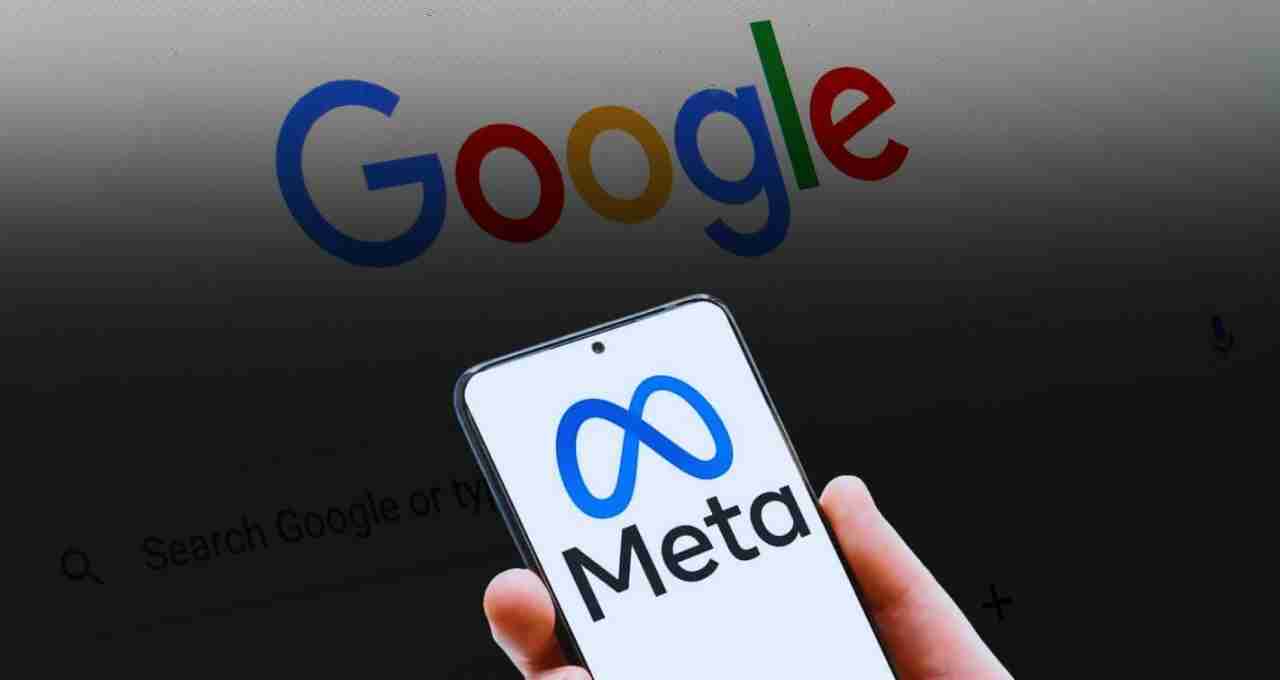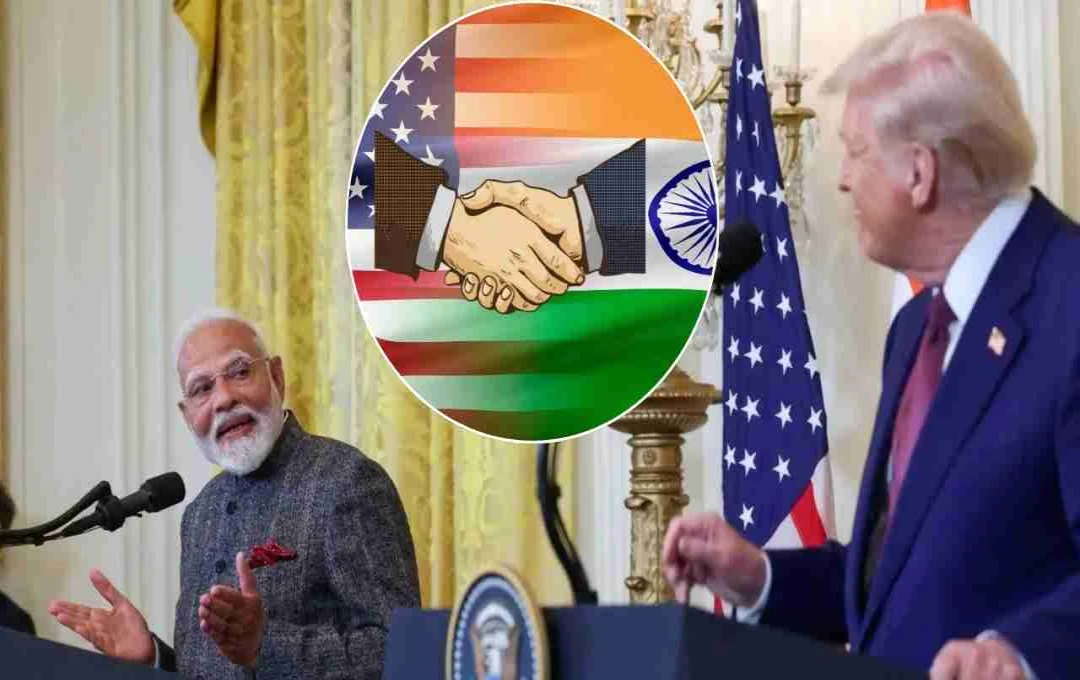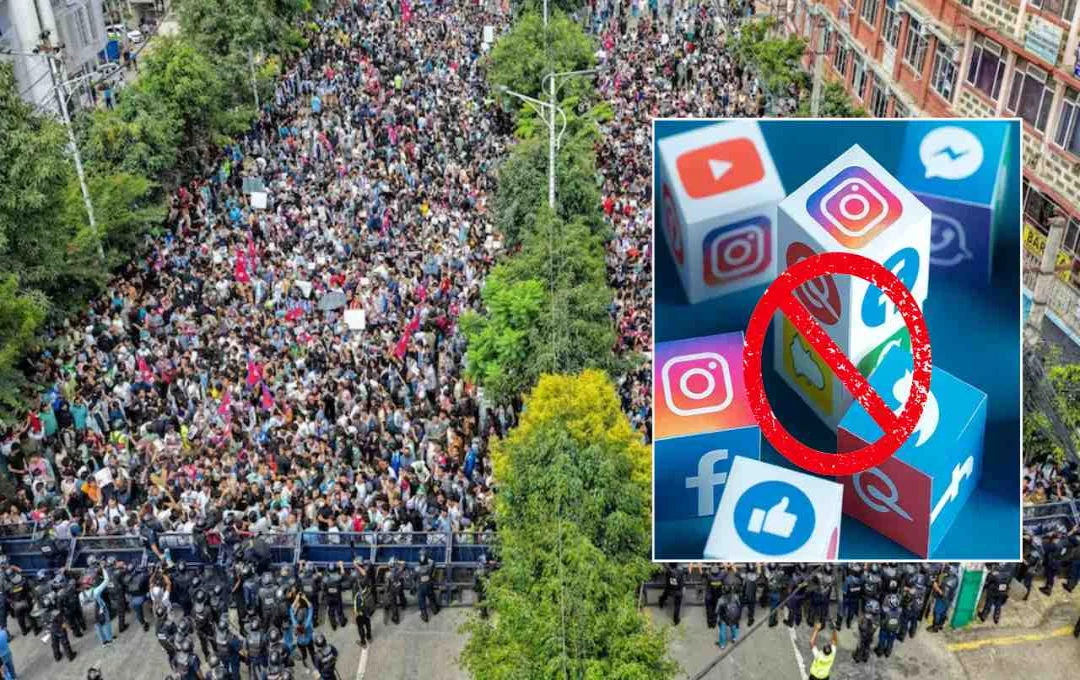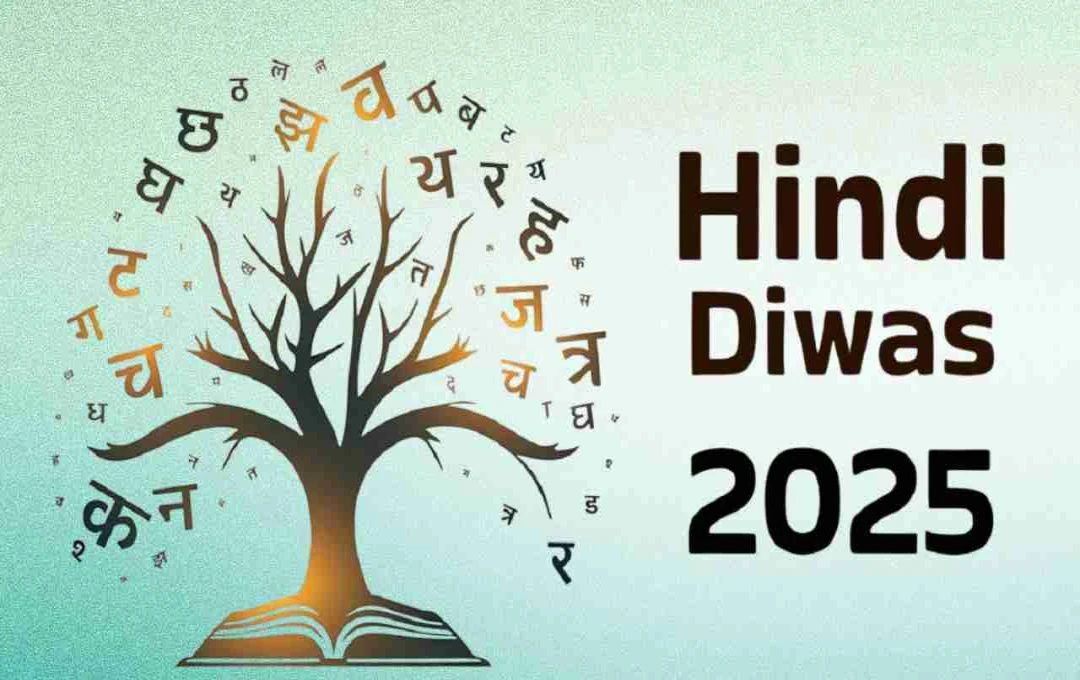The ED has summoned Google and Meta for questioning regarding the promotion of online betting app advertisements. Despite government advisories, the promotion of these apps has raised concerns about money laundering. The accountability of tech companies is now under scrutiny.
Google or Meta: Efforts to curb online betting in India have intensified. In this vein, the Enforcement Directorate (ED), India's financial crime investigation agency, has summoned senior officials from two tech giants — Google and Meta — for questioning. The accusation is that both companies promoted advertisements for online betting apps on their platforms despite government warnings.
This case raises a significant question not only about online activity in the country but also sparks a serious debate about tech companies' ad policies, ethical responsibilities, and compliance with government regulations.
What is the whole matter?
The ED suspects that Google and Meta knowingly or negligently facilitated the advertising of illegal betting apps through their platforms (such as Google Ads and Meta Ads Manager). Through these apps, users were lured to fraudulent platforms, resulting in substantial money laundering. According to reports, the ED is also investigating how much revenue these two companies earned from these apps, and whether they continued to promote these platforms despite the advisory.
Why is the appearance of Google and Meta important?

Today, July 21, the ED has summoned senior officials from both companies to appear at its Delhi headquarters. The agency wants representatives from these companies to clarify:
- Whether they knew that the apps they were promoting were illegal in India?
- Whether the companies ignored the Indian government's advisory?
- How much advertising revenue (Ad Revenue) was generated from these promotional campaigns?
If the answers to these questions are not satisfactory in the investigation, there could be significant fines or legal action in the future.
The Indian Government's Previously Issued Warning
The Ministry of Information and Broadcasting of the Indian government had already issued a clear advisory in 2022, stating that all digital media, TV channels, and online platforms should not run any advertisements related to betting, gambling, and gaming. The advisory stated that such ads have a negative impact on youth and children and can open the doors to economic exploitation. Despite this, if any company continues to run such advertisements, it will be considered a direct violation of the advisory.
Money Laundering and Foreign Funding Angle
The ED is not considering this case limited to advertising. According to the agency, these apps are being run by operators from outside the country, who lure people in India into betting and send money abroad. In this situation, the matter is not just about digital ethics or technology but also relates to national security and financial transparency. It is believed that some betting apps have used cryptocurrency and foreign accounts to carry out money laundering. In such cases, Google and Meta's turning a blind eye or ignoring the situation also puts them under suspicion.
Google and Meta's Silence

So far, there has been no official statement from either Google or Meta. However, it is likely that the companies will present documents and logic in their defense during today's appearance. Some media reports claim that both companies could not identify these apps due to 'AI and algorithmic ad services'. But whether these explanations will satisfy government agencies remains to be seen.
Increasing Responsibility of Tech Companies
This case gives rise to a major ethical and social debate — should tech companies only be considered technology providers, or should they also fulfill social responsibilities? When a large portion of companies' income comes from advertising, it is essential that they ensure that their platforms are not misused. Especially in a country like India, where millions of people are connecting to digital media for the first time, misleading or illegal advertisements can cause significant harm.















